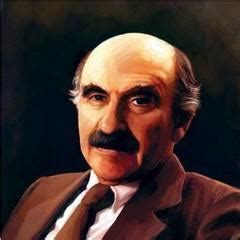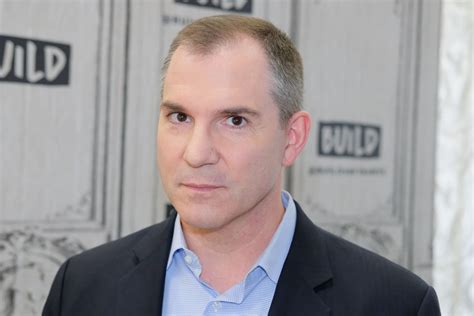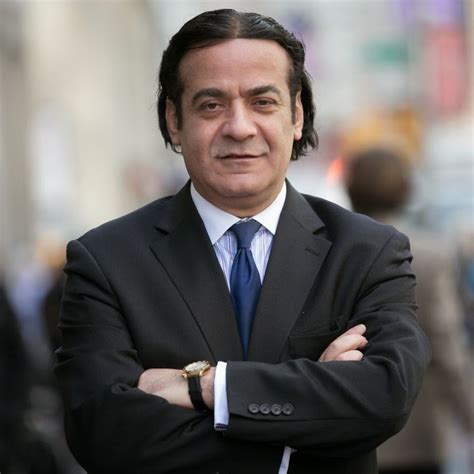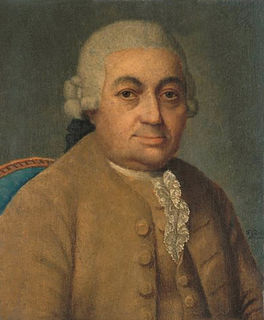A Quote by Russell Kirk
Principle #6: Recognition that change and reform are not identical, and that innovation is a devouring conflagration more often than it is a torch of progress.
Related Quotes
The final moment of success is often no more thrilling than taking off a heavy backpack at the end of a long hike. If you went on the hike only to feel that pleasure, you are a fool. Yet people sometimes do just this. They work hard at a task and expect some special euphoria at the end. But when they achieve success and find only moderate and short-lived pleasure, they ask is that all there is? They devalue their accomplishments as a striving after wind. We can call this the progress principle: Pleasure comes more from making progress toward goals than from achieving them.
Innovation is a subset of creativity. Innovation often deals with product launches and is often relegated to the C-suite or to heads of R&D departments. Innovation requires creativity, but creativity is something that is much more broad. It applies to people at all levels of an organization. Today, we all are responsible for delivering "everyday creativity". Small creative acts that add up to big things.






































